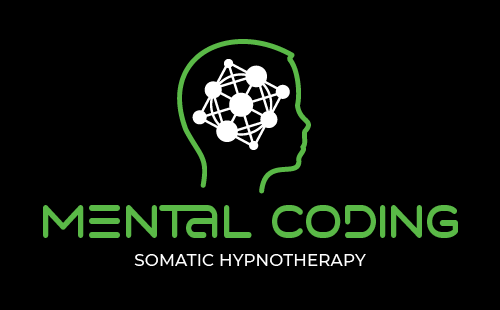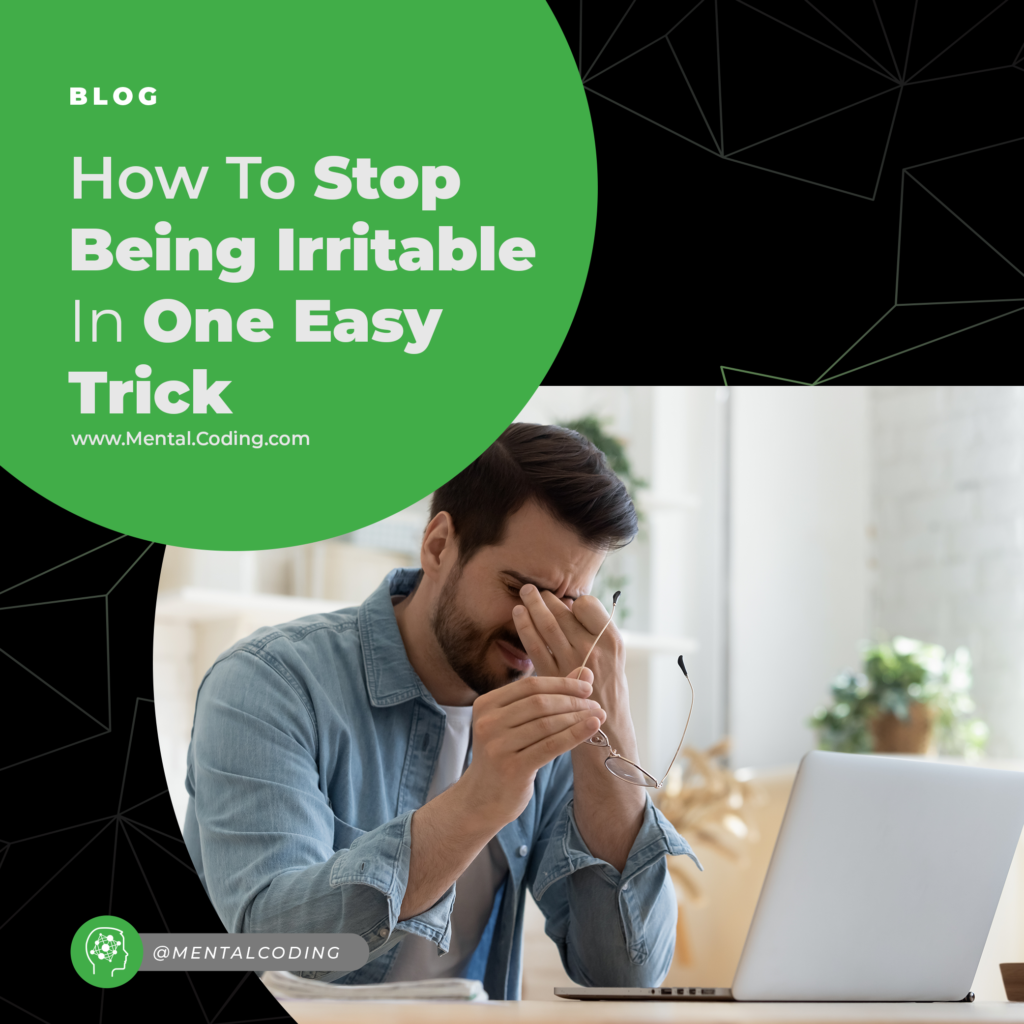How To Stop Being Annoyed With Someone
Managing our social relationships is an exercise of give and take. We set some hard boundaries and we forgive some minor annoyances. We accept we’re all largely imperfect human beings. We make decisions about how and when to manage each other’s flaws, so we can all benefits from each other. In a sense, the “politics” of the office space and the world that we often detest so much is just us trying to work out the difficulties of our differences. Thus, learning how to stop being irritable with someone for the sake of diplomacy is a valuable tool.
We’re all looking for that one quick trick to turn off our emotions when they are at our disadvantage. However, the only quick trick available is the one I advocate throughout my blog posts. Accept the experience of the emotion and learn from it. It’s there for a reason.
Important First Question In How To Stop Being Irritable
The number one, most important question to ask one’s self when learning how to stop being irritable is “Is this irritation ecological?”. In other words, “Is this annoyance I am feeling appropriate to the situation?” or “Is this irritation calibrated to my environment?” is what you want to ask. Our emotions exist to communicate what we like or don’t like about things. Sometimes they are about things in the past. Sometimes they are about things in the present.
Are you irritated, because someone is talking too loud at the movies? Do you feel annoyed, because your friend made an insensitive joke in front of another friend? Are you irritated, because it’s the middle of the day at work and someone has alcohol on your breath? If so, then the next step is probably polite action to correct or stop the reason for your annoyance. If not possible, then acceptance of the annoyance is the next best course of action.
Heal Inner Child Wounds To Stop Being Irritable
Sometimes though, our irritation or annoyance isn’t calibrated to the environment or warranted in the given situation. Sometimes someone is giving you constructive criticism, but you take it in a negative way. Other times, someone makes a harmless joke, but you become annoyed when you would normally laugh. This is an indicator that the joke or criticism hit on a deeper wound in and of ourselves. The lesson here is we have inner work to do on ourselves in order to learn how to stop being irritable.
We all have a collection of beliefs about ourselves that we call the “self-concept” in neuro-linguistic programming. When we have an overtop reaction to a comment or joke, it’s an indicator that something in the language of the comment or joke triggered a limiting belief. A limiting belief is an idea that we have about ourselves like “I am not worthy” or “I am not good enough” that we presuppose in our high-level subconscious decision-making process.
Getting “triggered” like this is a blessing, in my worldview. They give you awareness of the deeper beliefs about yourself that need to be challenged and changed. Changing these deeper beliefs is one of the primary focuses of my hypnotherapy practice. Since they can be changed, discovering them is a gift, not a curse.

How To Deal With Intense Irritation
Sometimes feeling annoyed or irritated is appropriate or warranted. Someone is truly acting in a socially inappropriate way. However, even though this is the case, the degree of intensity we feel toward their behavior is unwarranted. If we think of other equally socially inappropriate things, we find that we don’t get as annoyed with them. Understanding how to stop being irritable in these situations rests with understanding projection.
Projection is when we project the qualities we don’t like about ourselves onto other people. These are qualities that exist in the “shadow” of our subconscious mind. In other words, even though they exist in our subconscious behavior, we are consciously unaware of them due to rationalization or other defense behaviors. Thus, since they are outside of conscious awareness, we respond to them with disproportionate annoyance or indignation when we see them in others.
Instances like this are opportunities to learn more about who we really are in the world. Most of the great change work I’ve done with people began with people noticing patterns like this in themselves. They then come to me to explore the deeper cause in their subconscious and end up growing drastically as people.
If you found this blog post on how to stop being irritable useful, check out these posts on how to calm your nervous system, rewire the anxious brain, and hypnotherapy for anxiety.



